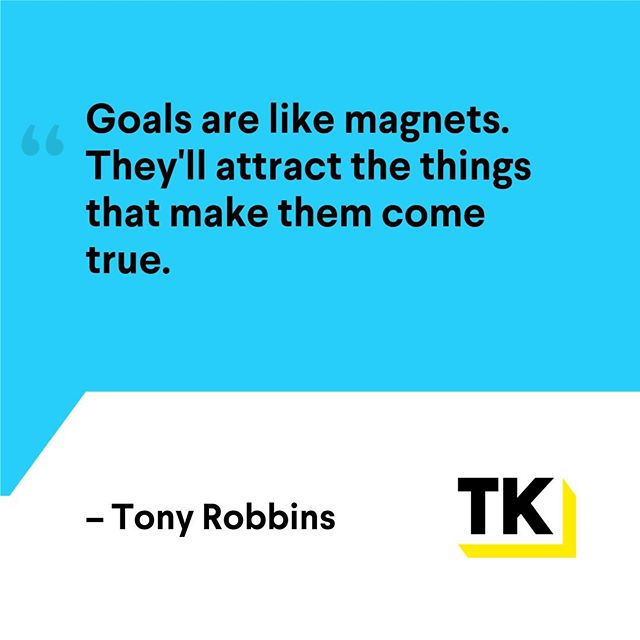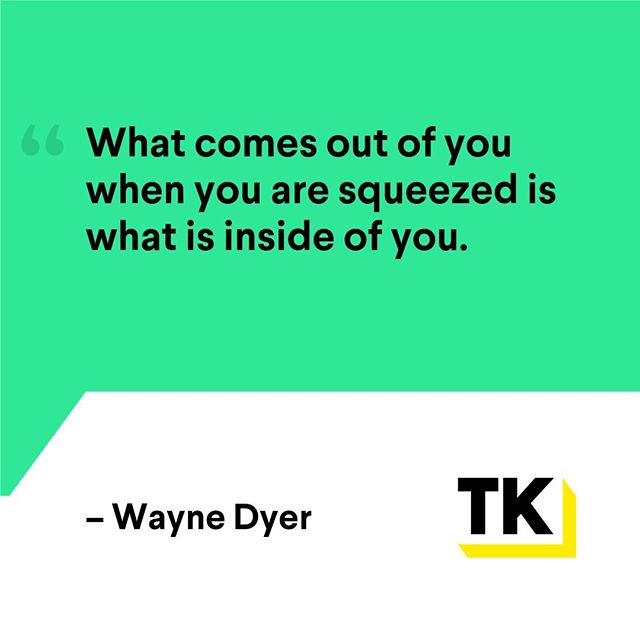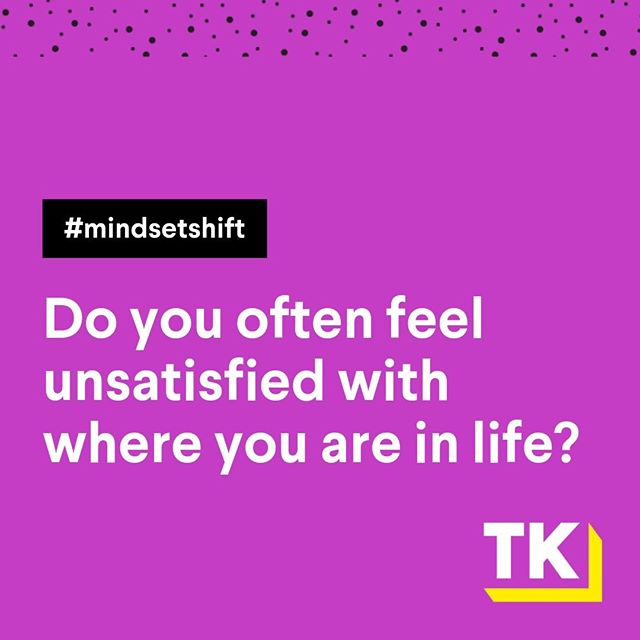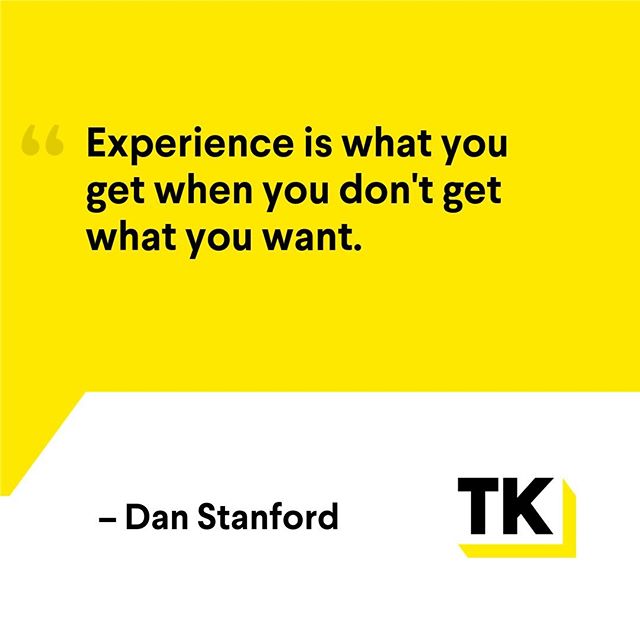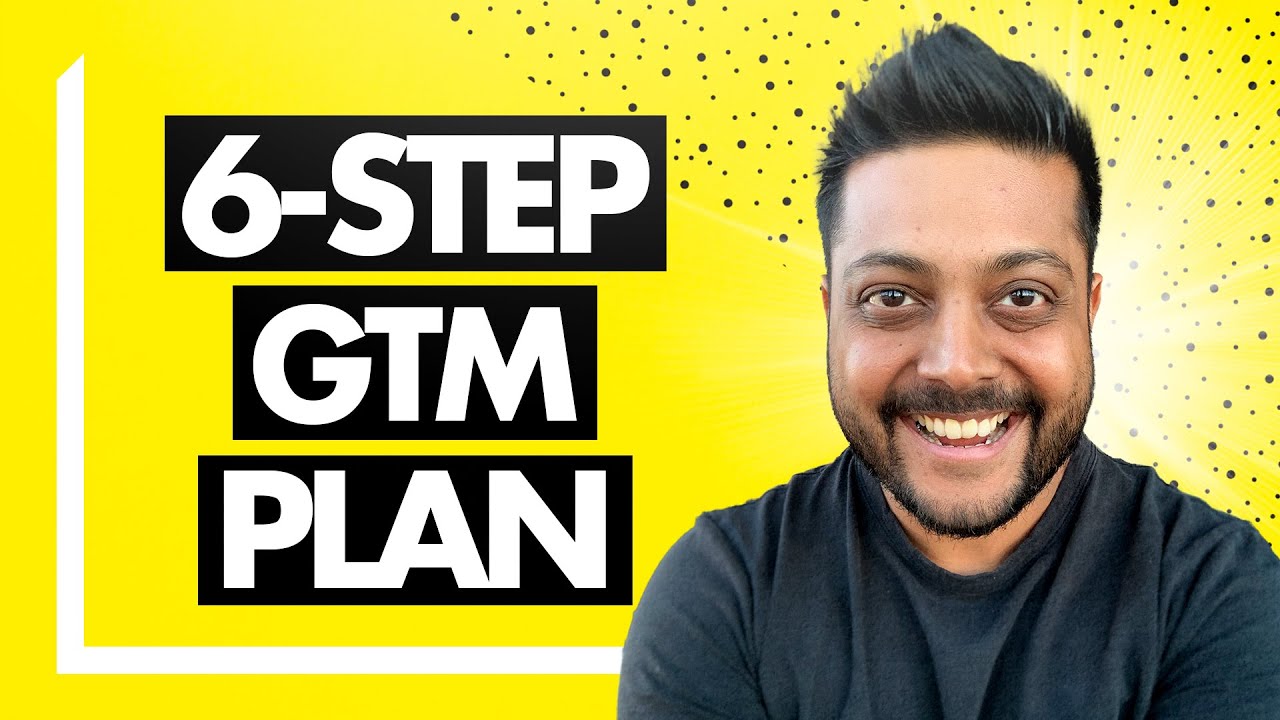About two weeks ago, I hired Derek Hopper, employee #1 for Tout. It was an intense moment for me and a big decision.
There are a lot of questions that start swimming through your head as you start to make a hire (especially when it is your first hire).
So in true form to this blog, I sat down and wrote down some key principles that would help drive my decision making process. These principles were based on my own experience in hiring in my previous jobs and from what I’ve read online.
The Cliff-Notes-Version
For the anxious, here is a summary of the key principles I defined. You can read the rest of this (lengthy) article to read about the thought process and thinking behind each of them.
- Only hire for the core of your business
- Don’t hire for skills, focus on VALUES and ABILITIES
- Incentivize for all senses (i.e. its not just about the paycheck or the equity)
Why should you hire someone?
It may seem like an obvious decision to a lot of startup entrepreneurs to just go hire people, but I think it is important to recognize that there are a number of different ways to go about staffing.
With the number of service businesses that exist today, it is possible to literally outsource every single business function in your company — everything from design, development, marketing to the obvious stuff like legal and accounting.
While for most technology startups it is a no-brainer to have an internal development team, I think its important for you as a startup entrepreneur to stop and think through which aspects of your businesses should be “core” and which aspects you can get away with contracting or even sourcing from service companies.
With this context — I established my first Principle –Â Principle #1 – Only hire for your core.
For Tout, our unique advantage, our secret sauce if you will, comes from our ability to create clever user experiences and rapidly connect into various technology platforms to create the best e-mail client possible.
This makes Engineering and User Experience the core of our company — and directly defines that types of people we should be bringing on initially.
And so, I set a short term of goal of hiring a Hacker and a Community Manager as the first two key hires for Tout.
What kind of person should you hire?
As a Technical Founder (who can also put on a sport jacket and do business development) — I absolutely CRINGE when I meet potential hires and they tell me “I only do front-end.”
What do you mean you only do front-end? How did you draw that line and why did you do it?
When it comes to sifting and sorting through people, one of the biggest lessons I learned (from my last job) is to be able to tell the difference between a given person’s Values, Skills and Abilities.
Most companies focus on Skills when hiring, they focus on “C# developer with three years experience” or “CSS, XHTML and Javascript” and even resumes that read “PHP 4 LiFE, I’d never mess with Ruby.”
Let’s think about that for a second. Does that really make sense?
The reality of the situation is that “Best Practices” come and go, frameworks rise and die, and most importantly, Skills can easily be taught — PROVIDING — the person has the right Values and Abilities.
So, let’s establish our second Principle — Principle #2 — Don’t hire for Skills, focus on Values and Abilities.
Tout happens to be built on Ruby on Rails today. It is a platform that I have learned to love, but in the past 12 months, I’ve also built stuff on Python, PHP, .NET and even C++.
If we are going to be building in a technology startup — you simply can’t afford to blindly support a single platform — you have to be open to different technologies, different languages — you essentially need to build an engineering team that is willing to be open minded and pick the right tool for the right job.
And so, as I defined who to hire, I definitely didn’t want the “Front End ninja” nor the “Backend rockstar” — I wanted the person that would pick the right tool for the job, and if he never used it, would figure out how to use it.
This meant that the person had to have the abilities of a natural engineer, a hacker or a tinkerer, if you will — and it also had to be someone who values learning and trying new things.
A Values match is the most important thing
I think entire books should be written on how Values are the single most important thing when picking people to join your company.
Skills can be taught, Abilities can be developed — but Values never change — it is the core of a person and it is what makes up that je ne sais quoi of successful teams.
There are different ways to identify a Values match between two people.
Whether it is the simple litmus test of “Would I want to grab a beer with the guy every week?” or something more involved like a detailed categorization of what you value in life (see my blog post about how I defined my own values).
It is probably the most important thing you need to figure out about yourself and your company.
Inspiration, Compensation and Incentivization
People are built differently. This means that what incentivizes and motivates me as a person can and will be very different from others.
In addition to that, once you start to consider other factors such as location, married vs. single, kids, experience, etc — you start to realize that a blanket stock equity package with a base salary is neither fair nor enticing to every person.
With this realization, I established Principle #3 – Incentivize for all senses.
Having known Derek for a while, I knew he wanted to explore beyond his day job and really wanted to learn more about building great technology in a startup environment.
So, when I initially approached him, my entire sell to him was the idea of joining Tout’s journey to build a great product.
It was the opportunity to build a beautiful user experience, figure out unique new ways to integrate into APIs, and most importantly, really transform how people communicate using email.
Only after he was bought into the vision for the company and the ideas around how we were going to actualize that vision, did we talk details about salary and equity.
Both Derek and I are happy with the package we put together for him to join Tout and I’m really excited about the tremendous impact he is going to make on the product.
However, I’m very cognizant about the fact that the next person I hire, which will most likely be a Community Manager, will require a completely different set of incentives and value propositions to be inspired to join the team.
So remember, appeal to all the senses when you’re working to inspire someone to join your team, it is almost never about the money.
In Conclusion
Those are the three key principles I applied as I thought through and made the decision to make the first hire for Tout.
This was not my first time hiring, nor was it the first time interviewing, but this certainly was the first time I literally built something and created a job.
Seasoned entrepreneurs always talk about the emotional rollercoaster our journeys bring — emotions that take you to the highest of highs and the lowest of lows.
Although I conceptually knew about these highs and lows, I think I came to truly realize how much of a high entrepreneurship can bring — its no wonder so many serial entrepreneurs exist in this world.
Calling someone up, looking him in the eye, and telling him to quit his steady and secure day job to join a startup was one of the highest highs I have ever experienced as an entrepreneur or as a human being — ever.
As I reflected on my train ride home, I thought to myself — “I created a job today.” — it felt amazing.







